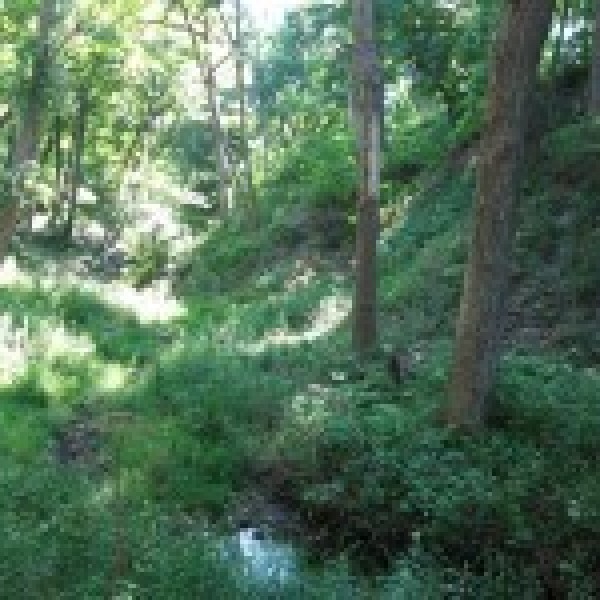
Assessing Ravine Flora 2014
Ravines along the north shore of Lake Michigan.
Ecology, Plant Systematics & Florisitic
The Plants of Concern (POC) program (plantsofconcern.org) monitors and assesses long-term trends for over 200 species of the Chicago Region's endangered, threatened, and rare plants species, and provides this data to partner landowners and managers for conservation decision making. POC also contributes to regional projects aimed at understanding and conserving native flora. Lake Michigan ravine communities, whose microclimate is produced by steep topography and proximity to Lake Michigan, contain rare plants that are often at the southern extent of their geographic range. POC has assisted with the creation of a protocol to quickly assess a ravine's plant community. This rapid assessment was developed as a useful tool for municipalities and landowners, helping them to identify the quality of a vegetation community, and detect changes as a result of restoration activities. A student working on this project will perform vegetation assessments of ravines using two different protocols: an existing, plot-based vegetation assessment and a revised, meander-based assessment. The student will become familiar with local flora, plant identification techniques, and multiple means of sampling vegetation. The student will analyze the resulting data to determine the outcome of using different protocols. GIS will be used to create a map of field work sites and monitoring outcomes. The student will also have the opportunity to assist with monitoring rare ravine flora. Approximately 50% of time will involve field work, 50% of time will involve field preparation using the Herbarium and other resources, analysis of data, and preparation of data presentation.
